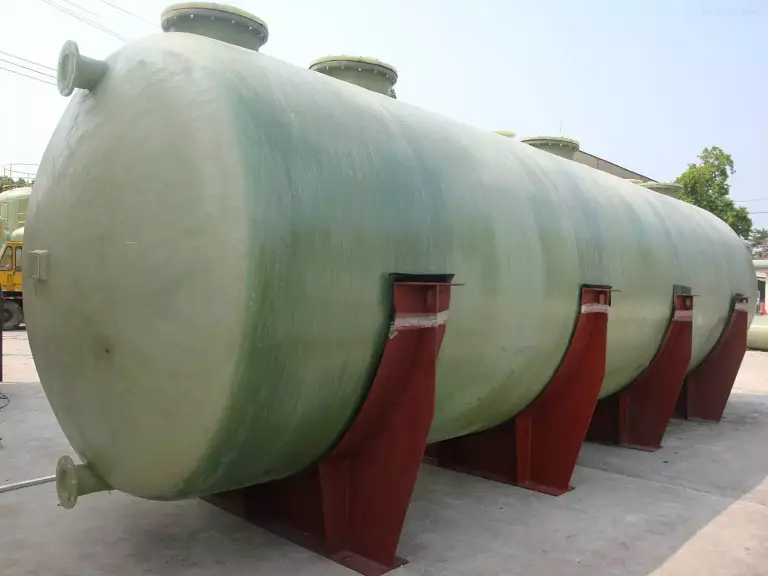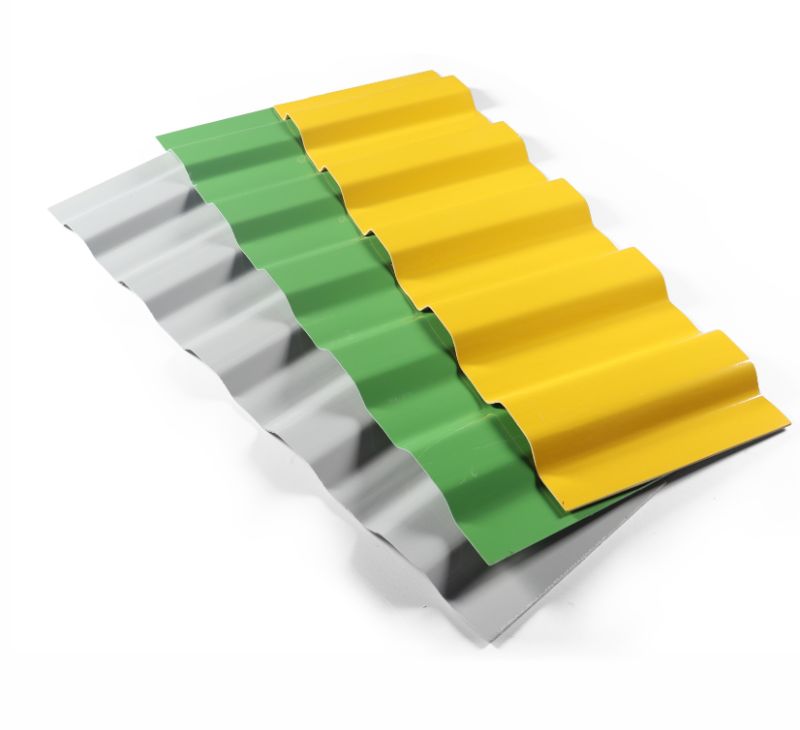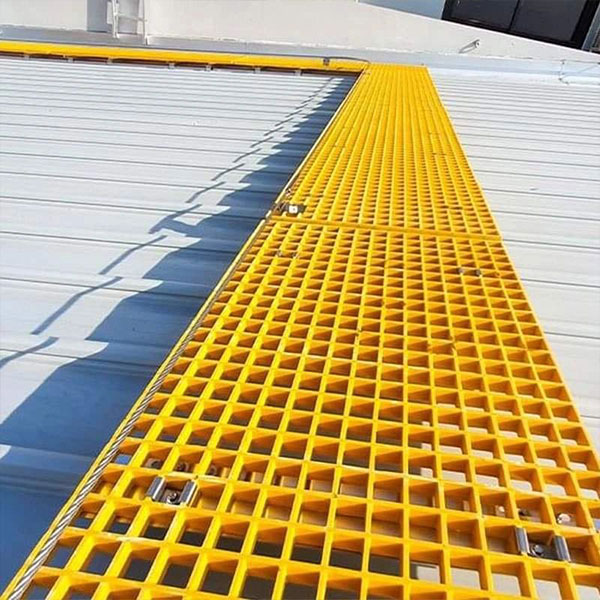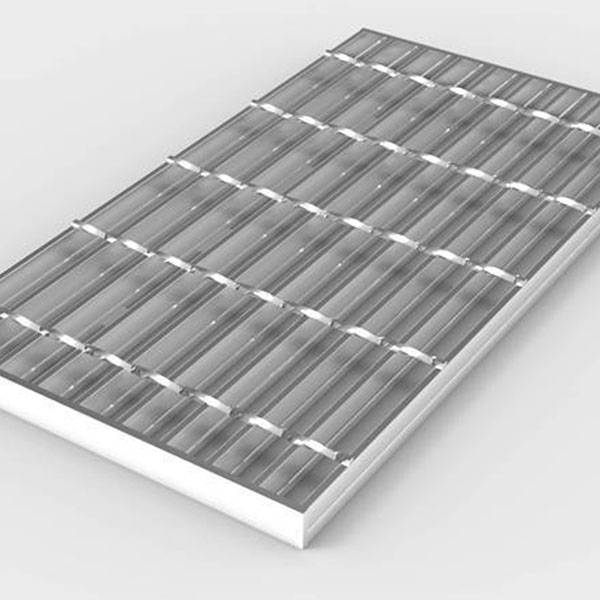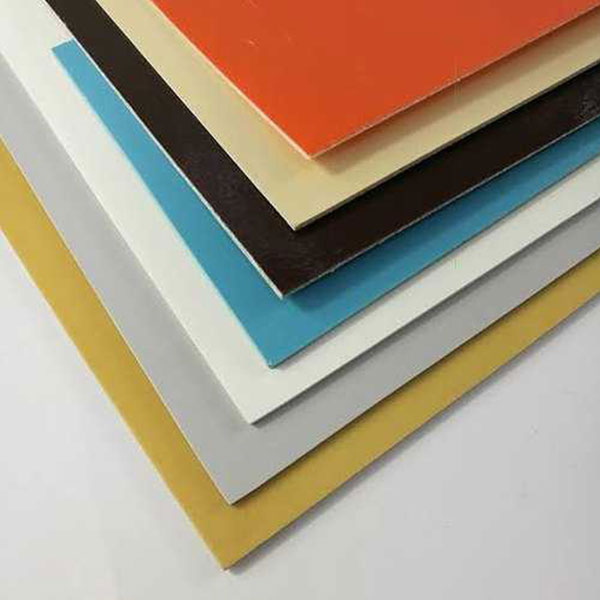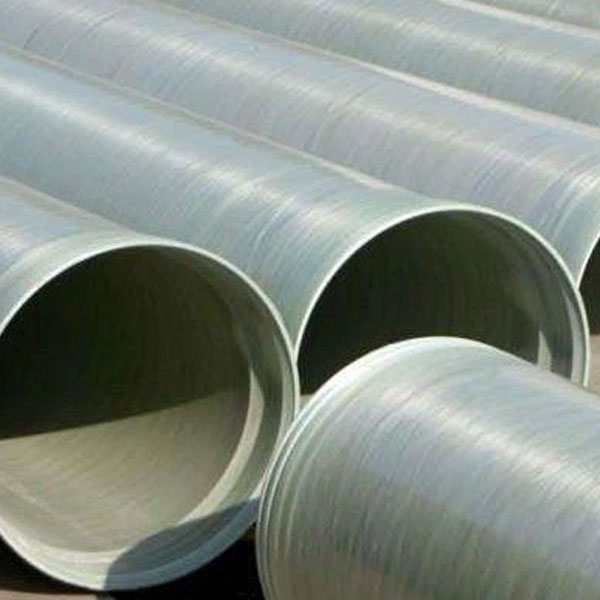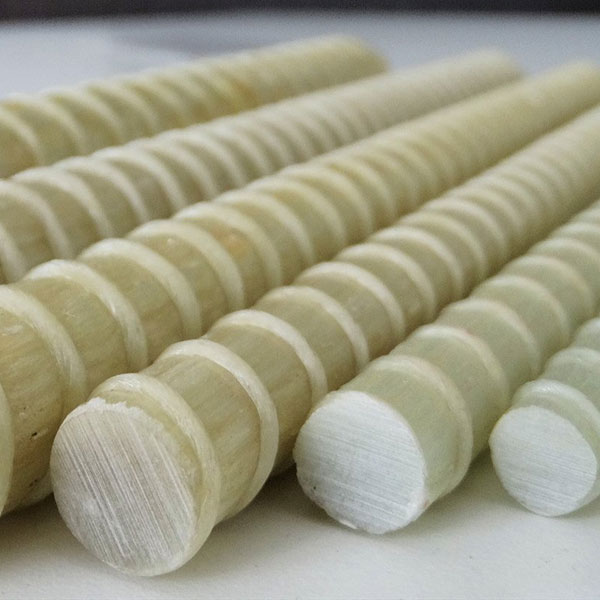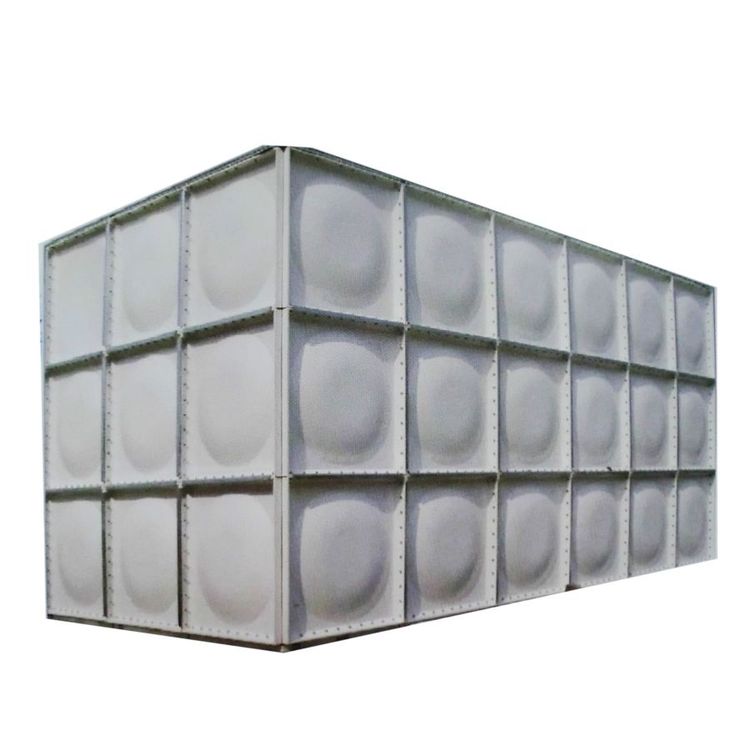Phenolic vinyl ester resins such as CHEMPULSE 907, 907-S, 900, 977-S, a phenolic epoxy modified vinyl ester resin, has a high crosslinking density after curing, which makes it have a good resistance to oxidizing acids and strong corrosive organic solvents. At the same time, it is endowed with extremely high HDT, which can be used in some high temperature occasions, such as the preparation of high temperature flue and smoke pipe.
Product performance introduction
High-temperature resistant phenolic vinyl ester resins are a specialized type of vinyl ester resin that is formulated to withstand elevated temperatures and harsh environments. These resins combine the heat resistance of phenolic resins with the corrosion resistance and mechanical properties of vinyl ester resins, making them suitable for demanding applications where exposure to high temperatures is a concern.
Key features of high-temperature resistant phenolic vinyl ester resins may include:
-
High heat resistance: These resins can withstand continuous exposure to temperatures ranging from 300°F to 400°F (150°C to 200°C) and intermittent exposure to even higher temperatures.
-
Excellent chemical resistance: High-temperature phenolic vinyl ester resins offer superior resistance to a wide range of chemicals, including acids, bases, solvents, and corrosive substances.
-
Superior mechanical properties: These resins provide high strength, stiffness, and impact resistance, making them suitable for structural applications in challenging environments.
-
Corrosion resistance: High-temperature phenolic vinyl ester resins offer excellent resistance to corrosion, making them ideal for use in chemical processing, oil and gas, and marine applications.
-
Dimensional stability: These resins exhibit low shrinkage and excellent dimensional stability under thermal cycling, ensuring the integrity of the final composite structure.
Applications of high-temperature resistant phenolic vinyl ester resins may include:
- Chemical processing equipment
- Oil and gas pipelines and components
- High-temperature composite tooling
- Aerospace and defense components
- Automotive under-the-hood applications
- Industrial equipment subjected to high heat and chemical exposure
When selecting high-temperature resistant phenolic vinyl ester resins for your application, it is essential to consider factors such as temperature requirements, chemical exposure, mechanical properties, processing conditions, and regulatory compliance. Working closely with resin manufacturers or suppliers can help you choose the right resin formulation that meets your specific performance and durability needs in high-temperature environments.
| Performance | CHEMPULSE 907 | 907-S | 900 | 977-S |
| Solid Content(%) | 67±1 | 67±1 | 64.5±1 | 71.5±2.0 |
| *1 Viscosity(cps) | 330±70 | 330±70 | 350±100 | 750±150 |
| Proportion (Kg/L) | 1.06±0.02 | 1.06±0.02 | 1.07±0.01 | 1.08±0.02 |
| *2 Gel Time (min) | 20±5 | 20±5 | 25±5 | 30±5 |
| Quality Guarantee Period (month,25℃) | 6 | 6 | 6 | 6 |
*1 LVT#3-60rpm,25℃
*2 55%MEKP:1.2%,6% cobalt caproate:0.4%,100%DMA:0.05%,25℃
| Performance | CHEMPULSE 907 | 907-S | 900 | 977-S | Test Method |
| Tensile Strength(MPa) | 76-90 | 76-90 | 65-85 | 62-80 | ISO 527-2 \GB/T 2567 |
| Tensile Modulus(GPa) | 3.4-3.7 | 3.4-3.7 | 3.5-3.7 | 3.6-3.9 | ISO 527-2 \GB/T 2567 |
| Elongation(%) | 2.5-4.0 | 2.5-4.0 | 2.2-2.8 | 1.5-2.5 | ISO 527-2 \GB/T 2567 |
| Flexural Strength(MPa) | 125-145 | 124-145 | 110-135 | 90-125 | ISO 178 \GB/T 2567 |
| Flexural Modulus(GPa) | 3.7-4.1 | 3.7-4.1 | 3.8-4.1 | 3.8-4.3 | ISO 178 \GB/T 2567 |
| HDT(℃) | 147-153 | 147-153 | 170-180 | 205-210 | ISO 75 \GB/T 1634 |
| Hardness (Barcol) | 40-46 | 40-46 | 40-46 | 9.0-10.0 | GB/T 3854 |
High-temperature resistant phenolic vinyl ester resins find application in a variety of industries and products where exposure to elevated temperatures and harsh environments is a concern. These specialized resins offer a unique combination of heat resistance, chemical resistance, and mechanical properties, making them suitable for demanding applications that require performance under high-temperature conditions. Some common applications of high-temperature resistant phenolic vinyl ester resins include:
-
Chemical Processing Equipment: Phenolic vinyl ester resins are used in the fabrication of chemical storage tanks, process vessels, scrubbers, and piping systems that handle corrosive chemicals at elevated temperatures.
-
Oil and Gas Industry: These resins are utilized in oil and gas exploration and production equipment, such as offshore platforms, pipelines, downhole tools, and storage tanks, where exposure to high temperatures and aggressive fluids is common.
-
Composite Tooling: High-temperature phenolic vinyl ester resins are used in the manufacturing of composite tooling for high-temperature applications, such as aerospace components, automotive parts, and industrial molds.
-
Aerospace and Defense: These resins find application in the aerospace and defense industries for the production of components that require high-temperature resistance, such as aircraft interiors, engine components, and missile casings.
-
Automotive Under-the-Hood Components: Phenolic vinyl ester resins are used in the fabrication of automotive parts that are exposed to high temperatures and aggressive chemicals, including engine components, exhaust systems, and fuel system parts.
-
Industrial Equipment: These resins are employed in various industrial applications where resistance to heat, chemicals, and mechanical stress is critical, such as heat exchangers, pumps, valves, and processing equipment.
-
Marine Applications: High-temperature phenolic vinyl ester resins are used in marine environments for the construction of boats, ships, offshore structures, and marine infrastructure that require resistance to heat, saltwater, and harsh weather conditions.
Overall, the unique combination of properties offered by high-temperature resistant phenolic vinyl ester resins makes them well-suited for applications across a wide range of industries that demand performance under extreme conditions. When selecting these resins for a specific application, it is essential to consider factors such as temperature requirements, chemical exposure, mechanical properties, and regulatory compliance to ensure optimal performance and durability. Collaboration with resin manufacturers or suppliers can help in identifying the most suitable resin formulation for your specific application needs.
Here are some frequently asked questions (FAQs) about high-temperature resistant phenolic vinyl ester resins:
-
What are high-temperature resistant phenolic vinyl ester resins? High-temperature resistant phenolic vinyl ester resins are specialized formulations that combine the heat resistance of phenolic resins with the corrosion resistance and mechanical properties of vinyl ester resins. These resins are designed to withstand elevated temperatures, aggressive chemicals, and harsh environments.
-
What are the key properties of high-temperature resistant phenolic vinyl ester resins? These resins offer high heat resistance, excellent chemical resistance, superior mechanical properties, corrosion resistance, and dimensional stability. They can withstand continuous exposure to temperatures ranging from 300°F to 400°F (150°C to 200°C) and intermittent exposure to even higher temperatures.
-
What are the typical applications of high-temperature resistant phenolic vinyl ester resins? These resins are used in a variety of industries and products, including chemical processing equipment, oil and gas industry components, composite tooling, aerospace and defense applications, automotive under-the-hood components, industrial equipment, and marine applications.
-
How do high-temperature resistant phenolic vinyl ester resins compare to other resin systems? High-temperature phenolic vinyl ester resins offer a unique combination of heat resistance, chemical resistance, and mechanical properties that make them suitable for applications where exposure to high temperatures and aggressive chemicals is a concern. They are often chosen for their ability to perform under extreme conditions.
-
How can I select the right high-temperature resistant phenolic vinyl ester resin for my application? When selecting a resin for your application, consider factors such as temperature requirements, chemical exposure, mechanical properties, processing conditions, and regulatory compliance. Working closely with resin manufacturers or suppliers can help you choose the right formulation that meets your specific performance needs.
-
Are there any safety considerations when working with high-temperature resistant phenolic vinyl ester resins? As with handling any chemical product, it is important to follow proper safety precautions, including wearing appropriate personal protective equipment (PPE), working in well-ventilated areas, and following the manufacturer’s guidelines for handling, storage, and disposal.
-
Where can I purchase high-temperature resistant phenolic vinyl ester resins? You can contact resin manufacturers, distributors, or suppliers directly to inquire about purchasing high-temperature resistant phenolic vinyl ester resins. They can provide you with product information, technical support, pricing details, and guidance on selecting the right resin for your specific application requirements.
High Temperature Resistant Phenolic Vinyl Ester Resins
Series :
Proxy Products >application
Chemical processing equipment, Oil and gas pipelines and components, High-temperature composite tooling, Aerospace and defense components, Automotive under-the-hood applications, Industrial equipment subjected to high heat and chemical exposure
Product name :
High Temperature Resistant Phenolic Vinyl Ester Resins
FAQ
Q :
How do you store polyester resin?
A :
It should be stored in a cool, dry place, away from direct sunlight and sources of heat. It is also important to keep the container tightly sealed when not in use.
Q :
What is the shelf life of vinyl ester resin?
A :
In general, unopened containers of vinyl ester resin can be stored for 6-12 months from date of manufacture.
Other related products

